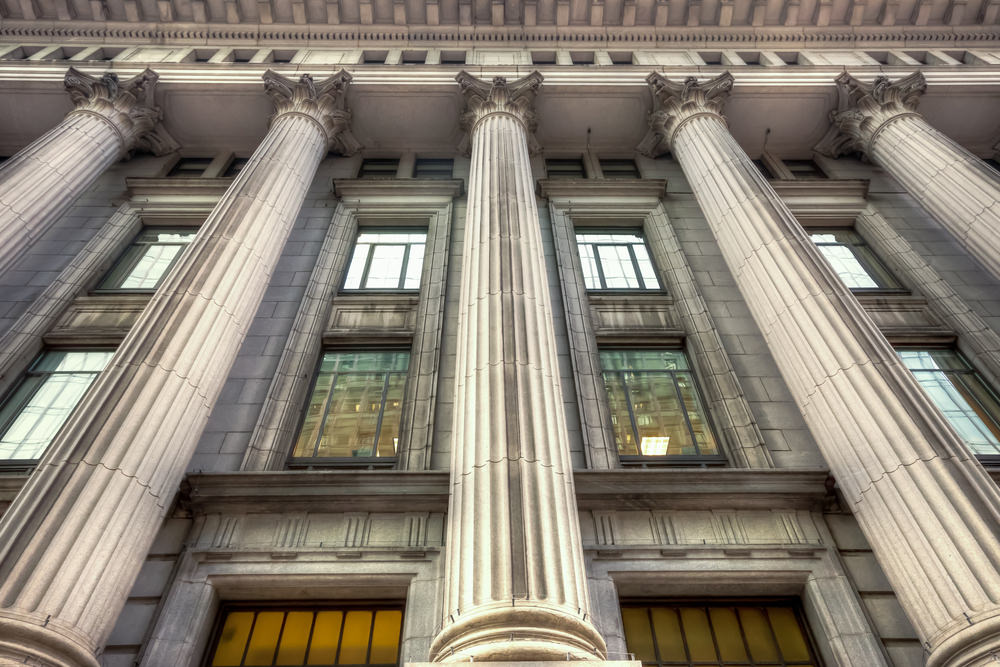
Commonwealth Bank closes CoinJar's business and founders' personal accounts
Commonwealth Bank in Australia has closed the personal accounts of the co-founders of bitcoin wallet CoinJar after freezing the company's business account.
On Friday (August 9th), the bank stopped processing the company's automatic payouts. Asher Tan, co-founder of CoinJar, contacted Commonwealth Bank numerous times and received "mixed messages", with one customer service member revealing the account was being closed, while another claimed there was simply a lock on the payout facility.
Tan tried to close the account on Wednesday, but was told this wouldn't be possible. He then found his personal account with the bank had been closed.
A spokesperson from Commonwealth Bank said: "The Bank apologises if the customer feels they have not received an appropriate level of service. We are looking into this matter, though due to customer confidentiality, we are unable to provide further details."
, editor at MacroTrends, said this series of events could be seen as the stereotypical reactions of an existing company seeking to quash a new player that enters its space.
"Take the example of the electric light bulb, back when gas lights were still dominant," he said. "Thomas Edison's gas light competitors sponsored articles describing the many health hazards of electric lights (even though the new technology was actually much safer), and would even send undercover saboteurs to Edison's electric light demonstrations to make it look like the devices were unreliable."
"Of course, all these efforts didn't prevent general adoption of the electric light bulb. I believe the same will be true for bitcoin and the cryptocurrencies."
However, Demeester went on to say it's important to also understand the huge amount of pressure that is exerted on banks: "They are basically forced to act as an arm of the government, in that they can be held liable if their customers are discovered to be involved with money laundering or other illegal activities. This makes them paranoid and reluctant to build strong relationships with initiatives that operate outside of the mainstream, such as bitcoin businesses."
He suggested bitcoin entrepreneurs should, from the start, work with more than one bank in order to manage the risk of suddenly falling out of favour with one particular bank.
CoinJar is now banking with National Australia Bank (NAB), a representative of which approached Tan at a startup event in Melbourne earlier in the week offering assistance with his company's business banking.
A post on the CoinJar blog reads:
Tan concludes the post by recommending other startups in Australia take their business straight to NAB: "At this point I’ve seen enough to make a comparative analysis that your Australian startup is better served at NAB than any other big-4 bank."
DISCLOSURE
The leader in news and information on cryptocurrency, digital assets and the future of money, CoinDesk is a media outlet that strives for the highest journalistic standards and abides by a strict set of editorial policies. CoinDesk is an independent operating subsidiary of Digital Currency Group, which invests in cryptocurrencies and blockchain startups. As part of their compensation, certain CoinDesk employees, including editorial employees, may receive exposure to DCG equity in the form of stock appreciation rights, which vest over a multi-year period. CoinDesk journalists are not allowed to purchase stock outright in DCG.

